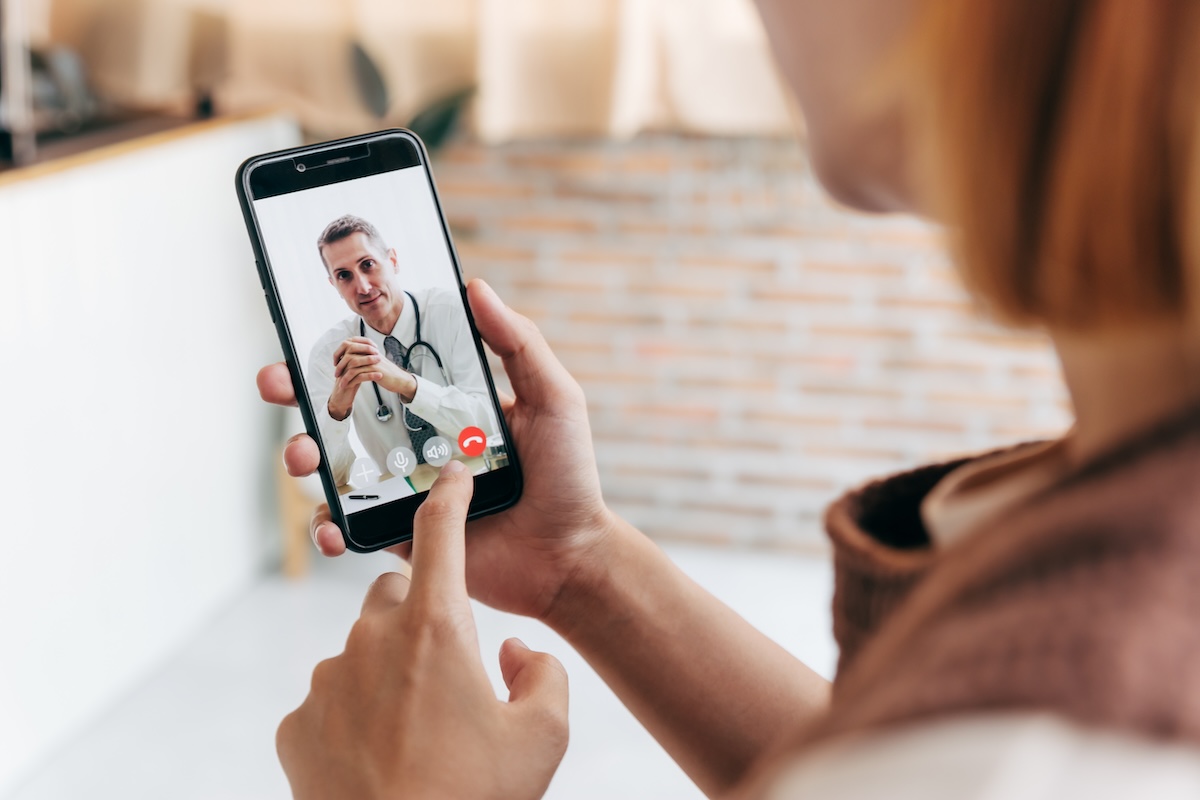Continuous Glucose Monitors (CGMs) are powerful tools that give you real-time insight into your blood sugar patterns. They can help you understand how food, activity, stress, and medications affect your glucose. But sometimes, those numbers can raise an important question: When should I reach out to my doctor?

Here are some clear guidelines to help you decide:
Call your doctor right away if:
- Your blood sugar is very high or very low and doesn’t improve.
- You have symptoms that don’t match your CGM.
- Example: You feel shaky, sweaty, or lightheaded, but your CGM shows a normal reading. This may mean your device is off or something more serious is happening.
- You have ketones.
- If your CGM shows high glucose (usually >250 mg/dL) and you check urine or blood ketones and they’re positive, call your doctor right away.
Call your doctor soon (within a day or two) if:
- Your glucose is often out of range.
- More than 70% of the time above 180 mg/dL or below 70 mg/dL.
- Frequent lows, even if you can treat them, should always be reported.
- You see new patterns you don’t understand.
- For example, your glucose keeps dropping overnight, or always spikes after certain meals.
- Your CGM is giving repeated error messages or inaccurate results.
- Your provider may need to check the device or replace it.

Bring up at your next visit if:
- You want to adjust your targets.
- For example, if your doctor set your goal as 70–180 mg/dL but you’re consistently staying around 90–110 mg/dL without lows, you may want to review whether your range should be personalized.
- You have questions about lifestyle changes.
- Your doctor or diabetes educator can help you connect your CGM patterns with food, exercise, sleep, and stress management.
Bottom line
Your CGM is there to help you catch changes early. If your readings show dangerous highs or lows, or if something feels “off,” call right away. For ongoing patterns, reach out to your provider soon so adjustments can be made safely.
Remember: You don’t have to figure this out alone. Your doctor, diabetes educator, and care team are there to guide you.



